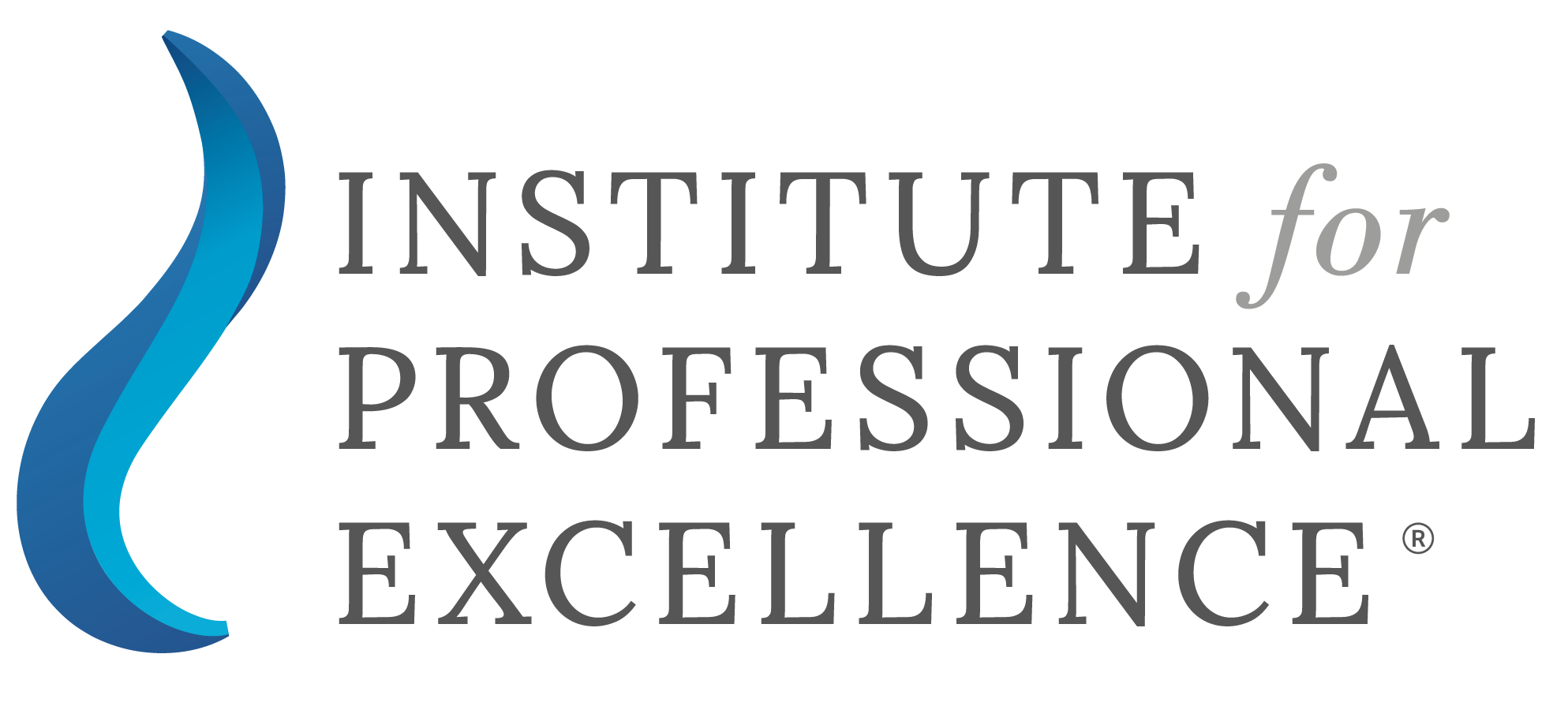Oct 25
/
Evdokia Pitsillidou
Master Best Execution Requirements in 2024
about the author
Evdokia, a partner at SALVUS Funds, is actively advising and working on all matters related to licensing, regulatory compliance, and internal audit for investment firms, funds, Electronic Money Institutions (EMI) & Crypto-Asset Services Providers (CASP).
- Member of the Global Institute of Internal Auditors (IIA)
- Member of the Cyprus Investment Funds Association (CIFA)
- Certified Actuarial Analyst (CAA)
- CySEC Advanced Certified Person
- CySEC certified Anti-Money Laundering Compliance Officer (AMLCO)
In today’s constantly evolving financial landscape, understanding best execution is more critical than ever. The European Directive on Markets in Financial Instruments (MiFID II) sets the standards for investor protection, highlighting its significance for industry professionals.
Best execution refers to the obligation of European Investment Firms to take all sufficient steps to ensure the best possible results when executing client orders. This not only enhances market integrity but also safeguards the interests of investors. Therefore, we are excited to share with you our comprehensive self-paced course Master Best Execution Requirements in 2024.
Within this blog post, Evdokia Pitsillidou, an expert instructor at the institute, explores the key best execution obligations for Cyprus Investment Firms (CIF), provides insight information on CySEC’s Circular C343 and the Regulatory Technical Standards (RTS) 27 & 28 reports.
Best Execution Responsibility
The best execution requirements are a key aspect of MiFID II’s standards for investor protection, designed to enhance market integrity and ensure the best possible outcomes for client orders. According to the directive, investment firms must take all necessary steps to develop an order execution policy which is:
- clear,
- sufficiently detailed for clients, and
- written in an understandable manner.
Investment firms must also design appropriate internal policies and procedures to constantly monitor the effectiveness of their order execution policy, and the fairness of the price proposed to their clients. Investment Firms must always ensure that they execute orders in a fair, transparent, and most beneficial way possible for their clients.
Professionals completing this course will gain a comprehensive understanding of those requirements, along with insights and guidance on how to achieve compliance with their best execution obligations.
CySEC’s Circular C343 and best practices to comply with Best Execution
CySEC has identified significant weaknesses in the order execution policies of CIF. In Circular C343, CySEC urges all CIF to review their compliance with their best execution obligations and to implement corrective measures as needed.
A key concern raised by CySEC is the inadequate compliance functions within many CIF regulated entities. This can lead to insufficient oversight of the monitoring procedures and a failure to meet regulatory standards for best execution. To resolve this issue, it is crucial for Compliance Officers to develop the necessary expertise to identify weaknesses, critically evaluate existing processes, and document their findings along with suggested corrective measures to ensure compliance and enhance execution outcomes.
RTS 27 & 28 Reports and the new requirements
In September 2021, the European Securities and Markets Authority (ESMA) identified significant weaknesses in the RTS 27 & 28 reports. Those reports are part of the best execution obligations of investment firms in the Union and consequently of CIF.
These reports were identified to be limited in accessibility and often inconsistent, making it difficult to assess execution quality effectively. To address these issues, ESMA has proposed enhancements, including the publication of reports in a harmonized format and easier access through the EU Single Point of Access (ESAP). The revised reports will also focus on a streamlined set of indicators, enabling clearer comparisons of execution quality across firms. These changes aim to improve transparency and facilitate better decision-making for investors.
What is the Master Best Execution Requirements in 2024 course and what does it include?
The Master Best Execution Requirements in 2024 course is developed by SALVUS Funds and delivered by their Risk & Compliance Director, Evdokia Pitsillidou. This course is for professionals employed in Cyprus Investment Firms (CIF), Crypto-Asset Services Providers (CASP), and other CySEC regulated entities.
In this course, the instructor explains the concept of best execution responsibility, what it means in practice and the obligations of CIF under MiFID II. The instructor further outlines the best practices for complying with best execution and discusses key takeaways of CySEC’s Circular C343. You will then have the opportunity to learn how best execution is implemented in practice using the FINVUS best execution monitoring tool. Additionally, you will gain important information into the RTS 27 and 28 reports, as well as the new requirements associated with them. Lastly, the course provides critical insights on how to prepare for a best execution inspection and what to expect.
Professionals who undertake this course will gain competencies through practical examples to help identify areas of weaknesses within company policies and use their newly acquired knowledge to enhance procedural robustness, as well as be prepared for a Best Execution inspection by the regulator at any time.
The syllabus of the Master Best Execution Requirements in 2024 course includes:
- Best Execution Responsibility – MiFID I
- Best Execution Responsibility – MiFID II
- Best Execution Responsibility – Q&As
In September 2021, the European Securities and Markets Authority (ESMA) identified significant weaknesses in the RTS 27 & 28 reports. Those reports are part of the best execution obligations of investment firms in the Union and consequently of CIF.
These reports were identified to be limited in accessibility and often inconsistent, making it difficult to assess execution quality effectively. To address these issues, ESMA has proposed enhancements, including the publication of reports in a harmonized format and easier access through the EU Single Point of Access (ESAP). The revised reports will also focus on a streamlined set of indicators, enabling clearer comparisons of execution quality across firms. These changes aim to improve transparency and facilitate better decision-making for investors.
What is the Master Best Execution Requirements in 2024 course and what does it include?
The Master Best Execution Requirements in 2024 course is developed by SALVUS Funds and delivered by their Risk & Compliance Director, Evdokia Pitsillidou. This course is for professionals employed in Cyprus Investment Firms (CIF), Crypto-Asset Services Providers (CASP), and other CySEC regulated entities.
In this course, the instructor explains the concept of best execution responsibility, what it means in practice and the obligations of CIF under MiFID II. The instructor further outlines the best practices for complying with best execution and discusses key takeaways of CySEC’s Circular C343. You will then have the opportunity to learn how best execution is implemented in practice using the FINVUS best execution monitoring tool. Additionally, you will gain important information into the RTS 27 and 28 reports, as well as the new requirements associated with them. Lastly, the course provides critical insights on how to prepare for a best execution inspection and what to expect.
Professionals who undertake this course will gain competencies through practical examples to help identify areas of weaknesses within company policies and use their newly acquired knowledge to enhance procedural robustness, as well as be prepared for a Best Execution inspection by the regulator at any time.
The syllabus of the Master Best Execution Requirements in 2024 course includes:
- Best Execution Responsibility
- Best Execution Responsibility – MiFID I
- Best Execution Responsibility – MiFID II
- Best Execution Responsibility – Q&As
- CySEC’s Circular C343 & Best practices to comply with Best Execution
- Creating a sound Order Execution Policy
- Best Execution arrangements in practise
-‘pre-trade’ execution settings
- Bad practices observed
- Monitoring program and record-keeping
- Onsite checks by the Compliance Officers
- Internal Auditor involvement
- Good practices observed
- Best Execution in Practice
- RTS 27 & 28 Reports and the new requirements
- RTS 27 & 28 Reports
- RTS 28 – Execution Quality Summary Statement
- RTS 27 – Data Quality of execution of the transactions
- RTS 27 & RTS 28 Reports – Q&As
- Preparation for a Best Execution inspection
- Preparation for a Best Execution inspection
- Regulator’s potential questions
- The importance of being Compliant
The material of the Master Best Execution Requirements in 2024 course is provided both in PDF slides and online video recordings, suitable for self-paced learning. Learners enrolled in the course have the flexibility to learn wherever and whenever.
Upon completion of the course, learners have the opportunity to evaluate their comprehension of the covered material by answering a series of questions reflecting the gained knowledge.
The completion of this course counts towards the Continuous Professional Development (CPD) annual requirements for professionals, and holders of the CySEC Advanced and Basic certifications.
Get in touch
If you have any questions about Evdokia's course or any other questions related to your training requirements, please contact us; we would love to help.
If you have any questions about Evdokia's course or any other questions related to your training requirements, please contact us; we would love to help.
From all of us at IforPE, the Institute for Professional Excellence,
Ancora Imparo
Ancora Imparo
navigate
The Institute for Professional Excellence is protected under a registered European trade mark. The figurative trade mark registration number is 018854840. This trade mark is protected under the European Union's legislation.

